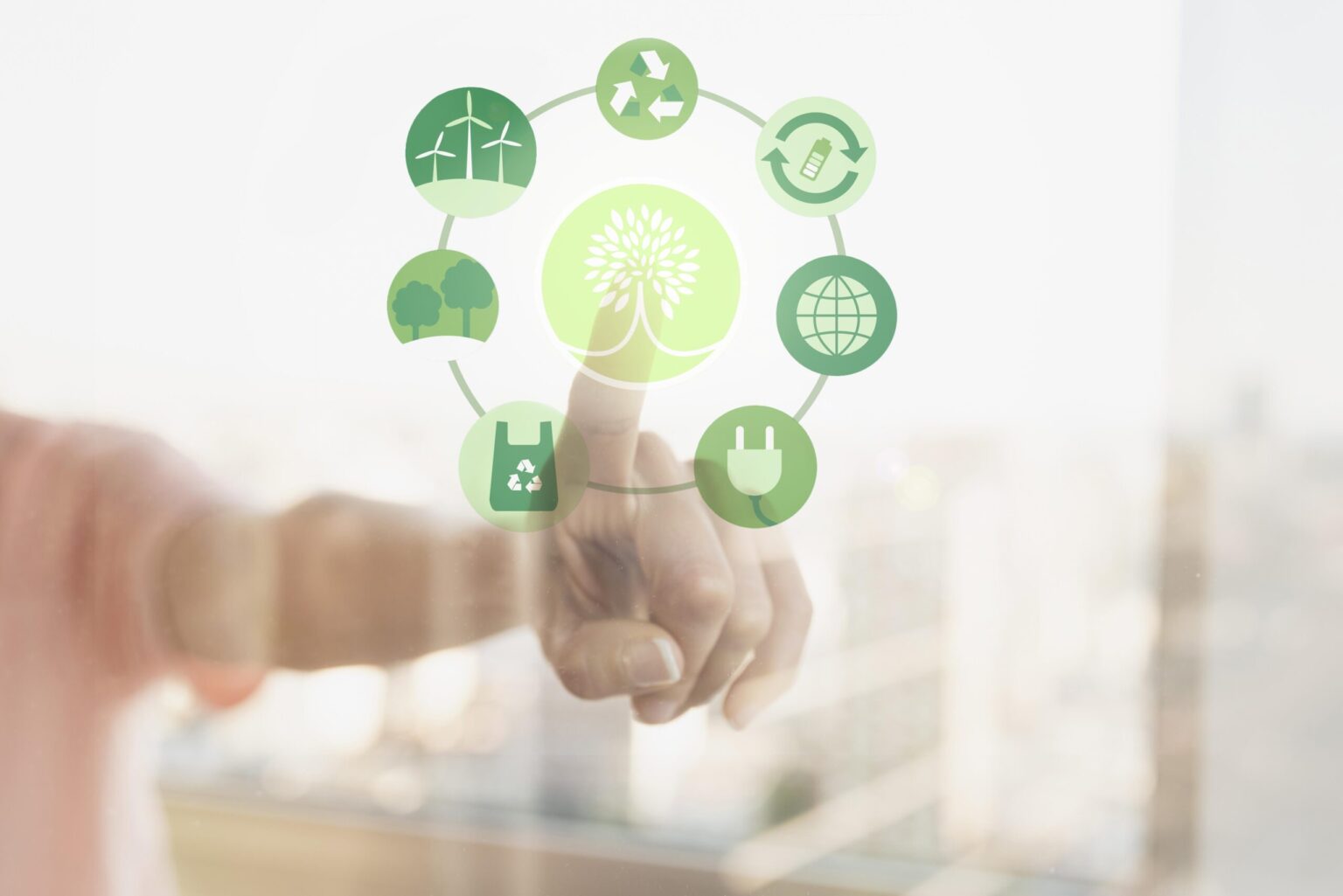Portuguese companies not prioritising circular economy
The study “General assessment of the reality of the business fabric in Portugal in terms of the circular economy”, carried out by CIP – Confederação Empresarial de Portugal in collaboration with EY-Partheon, as part of the “More Circular Economy” project, shows that it is the larger companies that have a greater awareness and better results in terms of the circular economy.
The study, in which a total of 202 companies participated, took stock of the national business reality in terms of the circular economy, highlighting the sectors of fashion (20%), metallurgy and metalworking (13%) and trade (12%). The majority (77%) of responding companies were small and medium-sized enterprises (SMEs).
The survey assessed parameters such as the integration of circularity concepts in strategic decision-making, the degree of implementation of initiatives, circularity models in companies’ operations and the barriers associated with their implementation.
According to the survey results, 97% of companies recognised the importance of adopting more circular business models, but barriers to implementation were identified.
Although there is a clear perception that the circular economy and circularity provide a clear competitive advantage, only 19% of companies surveyed consider the circular economy when making decisions to reduce their environmental footprint.
Legislation, the regulatory framework and economic and financial issues were cited as the main barriers for not implementing circular measures in companies.
The study also shows that 86% of companies think about circularity in the course of their business, but only 12% say it is a key element of their strategy.
Young people and the circular economy
According to the international study “Being young today: which paths to independence?”, carried out among young people aged 18-30 in six European countries – Portugal, Belgium, the Czech Republic, Italy, Romania and the United Kingdom – shows that 37% of young Portuguese and 35% of young Europeans consider the circular economy important, especially Portuguese young people living with their parents (41%) and those with higher education (41%).
The study shows that young Italians are the most aware of the importance of the circular economy (38%), followed by young Romanians (37%) and young Portuguese.
The importance attached to the circular economy translates into relevant figures in the fight against waste and goes hand in hand with sustainability, as 93% of Portuguese young people, especially women (96%), try to reduce waste. However, young people also show some inconsistencies.
Despite their concern for the environment (97%) and the importance of the circular economy, 78% of young Portuguese admit that they would consume more if they had more money. Given the choice, young people prefer to buy most products new rather than second-hand.
The changes and actions needed to implement this more circular paradigm.
Consumption of environmentally friendly and socially just products
The production process begins with raw materials. It is therefore essential that they come from environmentally and socially responsible sources and that they meet high environmental, social and human rights standards.
In this context, MEPs want to reduce the EU’s dependence on certain third countries and promote the recycling and recovery of essential raw materials.
PTo achieve an EU market of environmentally and socially responsible, climate-neutral and resource-efficient products, the Commission has proposed to extend the Ecodesign Directive to non-energy related products and to create a digital product passport to exchange all relevant information throughout the product life cycle. This legislation has already been endorsed by the other European institutions.
To move in this direction, initiatives are needed to combat planned obsolescence, improve the durability and repairability of products and strengthen consumer rights through the right to repair.
Making sectors more circular
The European Commission’s Action Plan identifies seven key sectors for achieving a circular economy: plastics; textiles; e-waste; food, water and nutrients; packaging; batteries and vehicles; buildings and construction.
In order to achieve a circular economy, circularity and sustainability must be integrated at all stages of the value chain: from design to production to the final consumer.
Waste management
Increasing high quality recycling, diverting waste from landfill, minimising the use of incineration and reducing the presence of harmful chemicals in waste are some of the measures that need to be implemented to achieve transparency in waste management.
The need for environmentally sound and socially equitable practices is becoming increasingly apparent. According to Eurostat, the EU’s statistical office, Portugal had a recycling rate of 2% in 2021, making it one of the worst performers in Europe in this area.
Among the Member States, the Netherlands had the highest circularity rate (31%), followed by Belgium (23%) and France (22%), while the lowest rates were observed in Romania (1%), Portugal and Ireland (both 2%).
Eurostat emphasises that differences in the use of recycled waste between Member States are not only due to the level of recycling in each country, but also to structural factors in the local economy.
The path to a circular economy requires a significant change in the way society as a whole – citizens and businesses – value materials, products and services.
Supporting documents:
- General Assessment of the Circular Economy Reality of the Portuguese Business Structure.
- Workshop on the Circular Economy in Portugal.
- Circular economy context in Portugal.
- Businesses + Guide to Good Circular Practice.
- Being young today: what are the paths to independence?
Links:
- EU’s circular material use rate decreased in 2021 – Products Eurostat News – Eurostat (europa.eu)
- Resíduos urbanos: metas de reciclagem mais ambiciosas para uma economia circular | Atualidade | Parlamento Europeu (europa.eu)
- PE propõe medidas para aumentar eficiência na utilização dos recursos | Atualidade | Parlamento Europeu (europa.eu)


